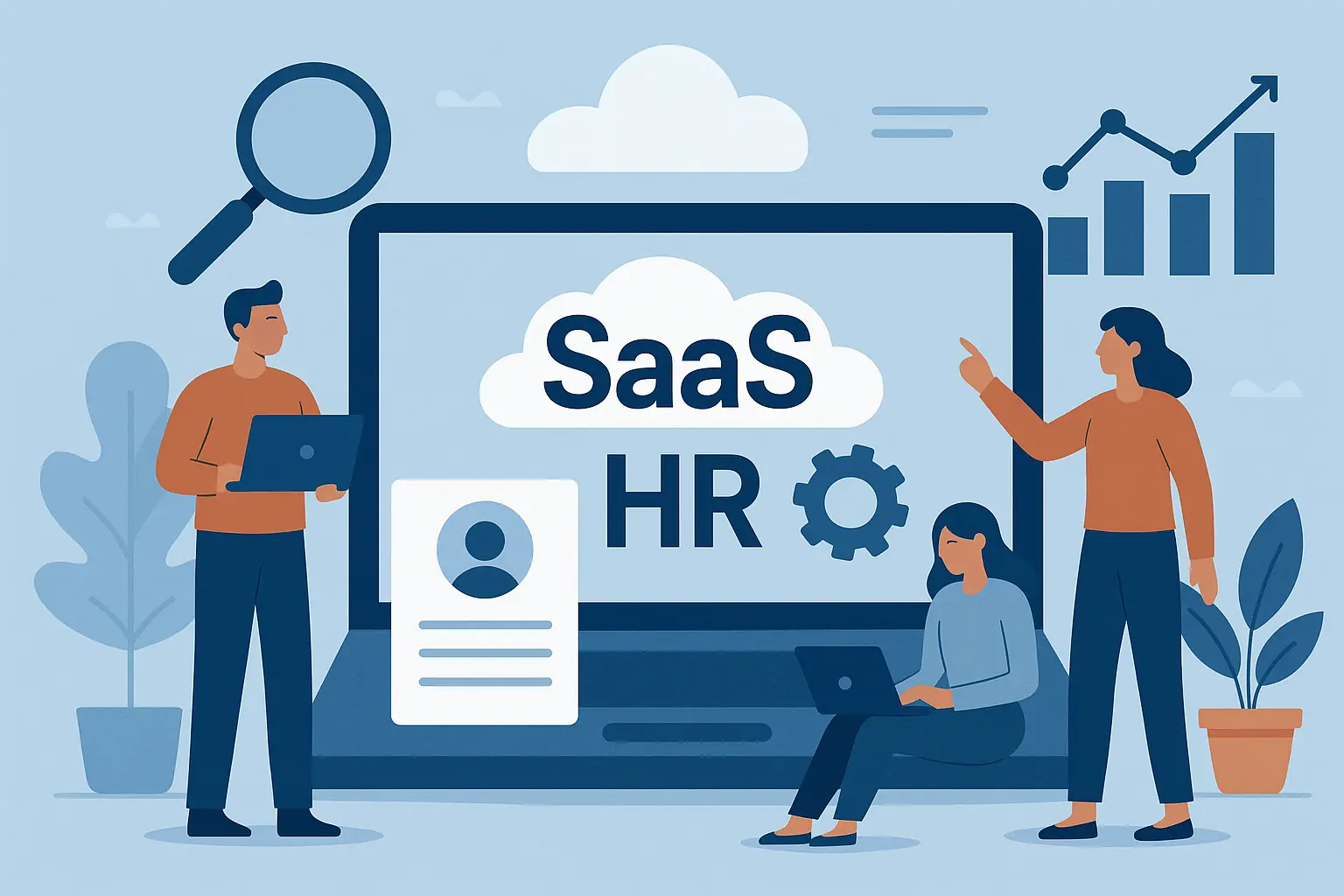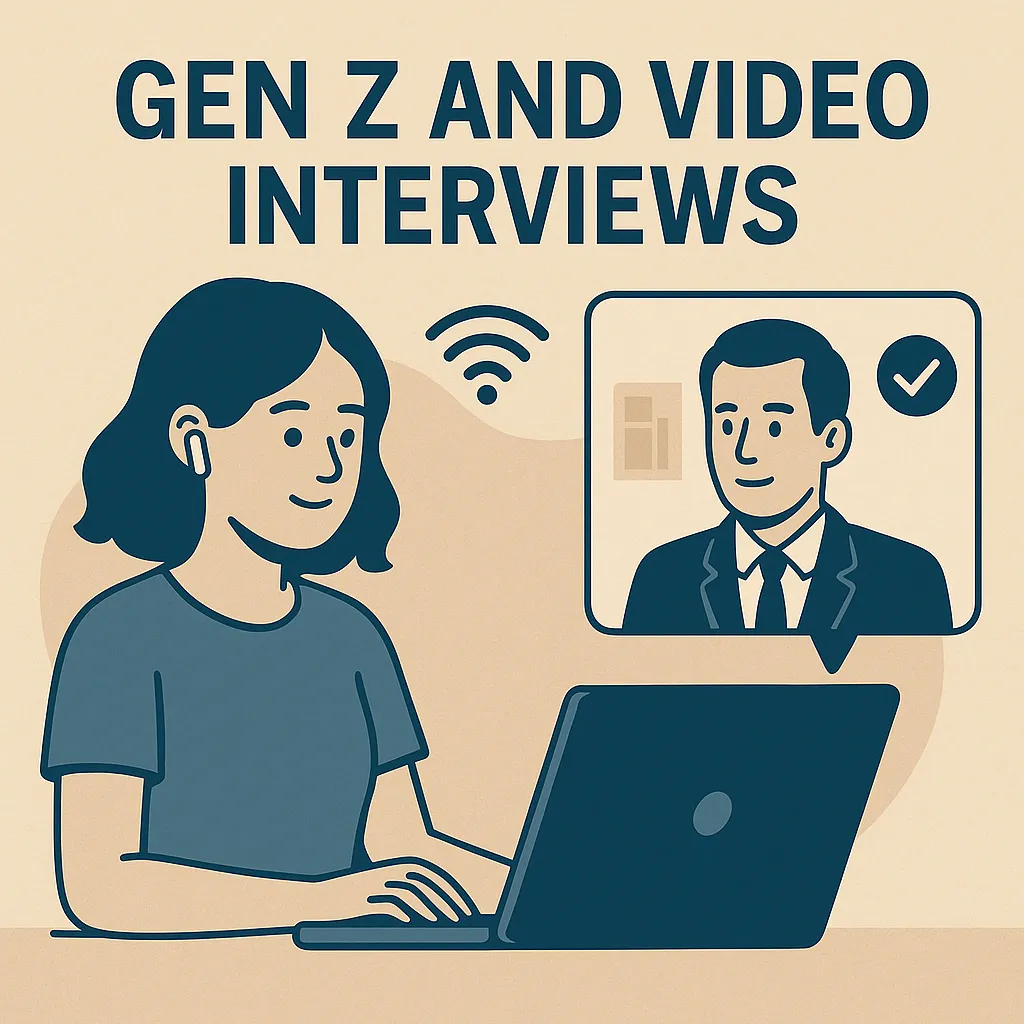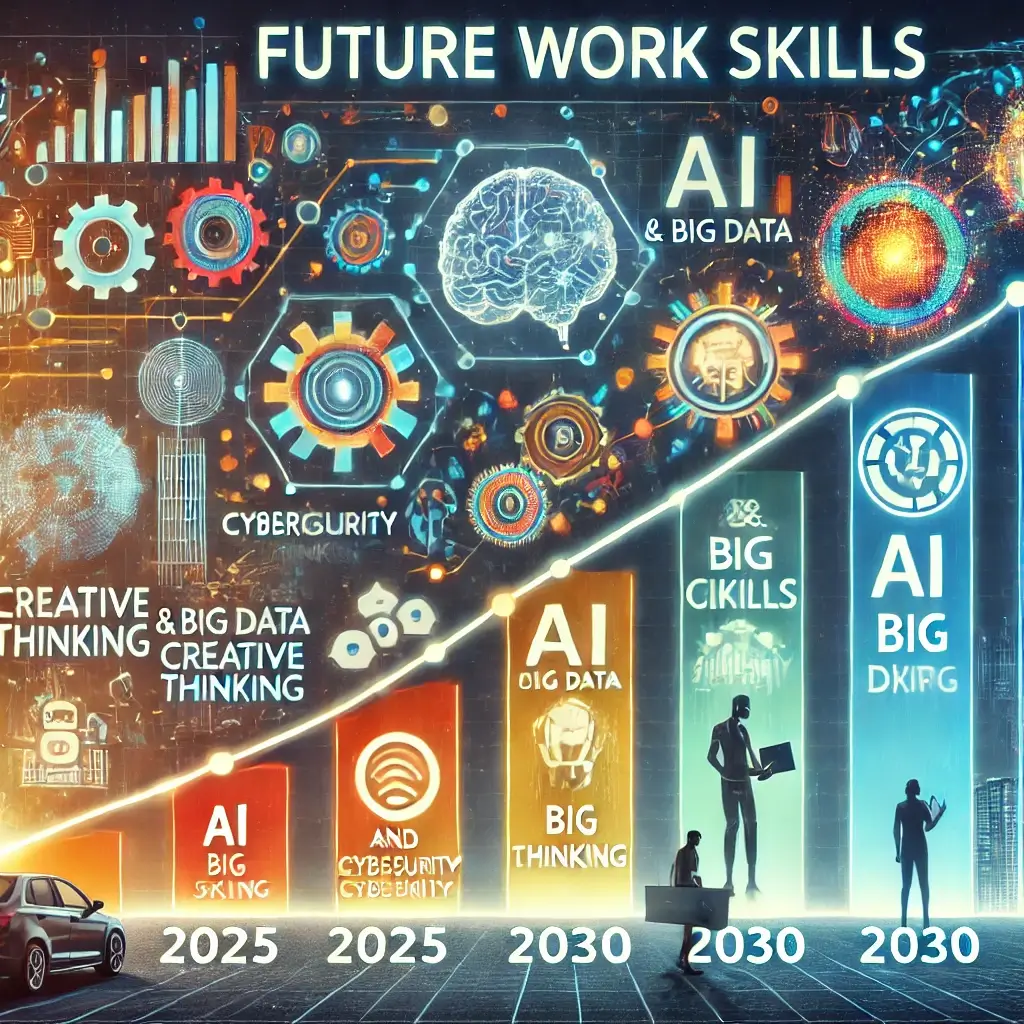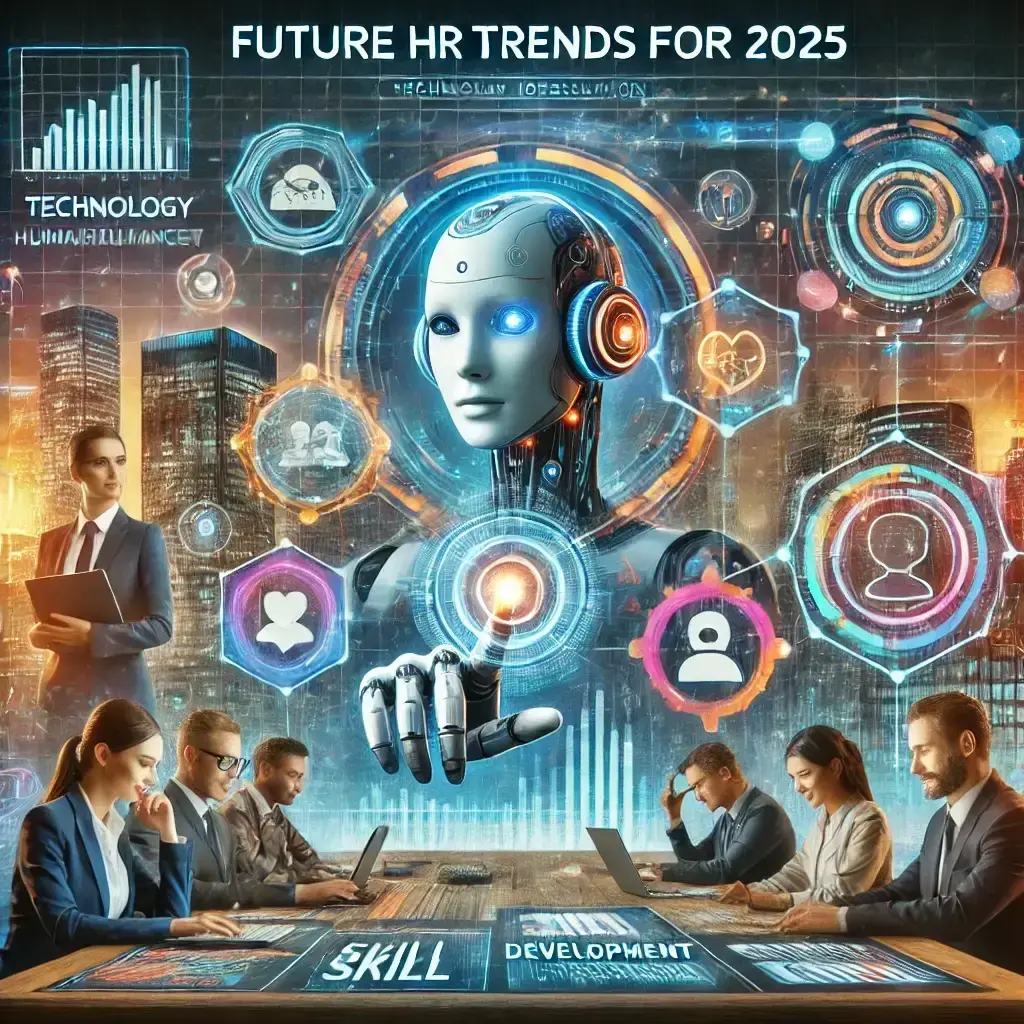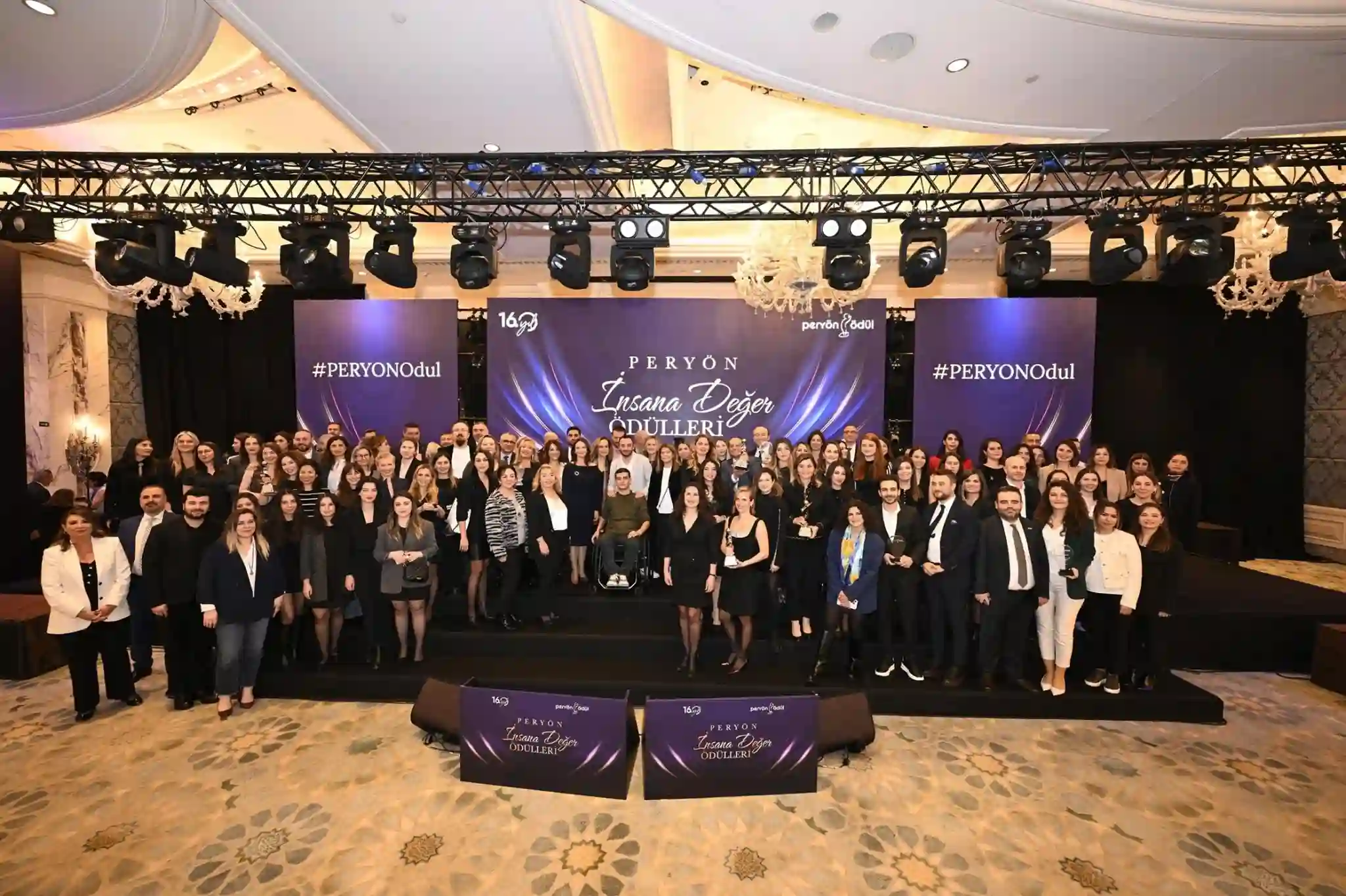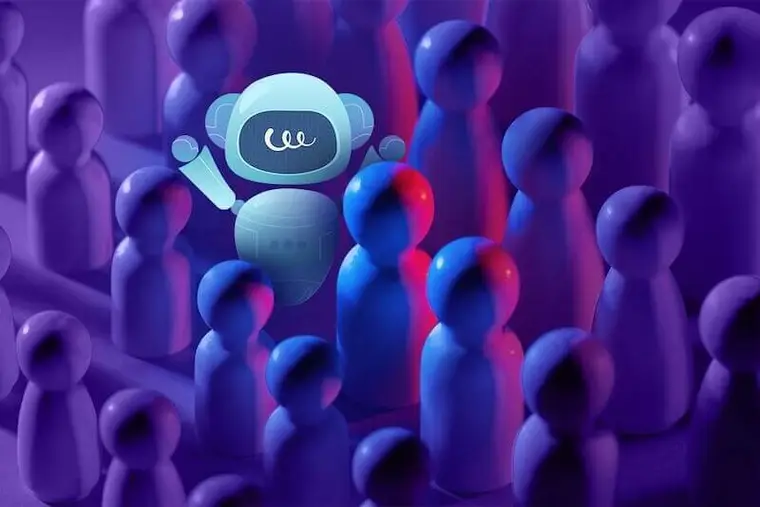Beating the Clock: Making Hiring Faster and Better
In today's competitive job market, hiring the right person quickly is crucial. This article explores strategies to minimize time-to-hire while maintaining quality in the recruitment process.
hiringcycle.ai Team20.09.2023
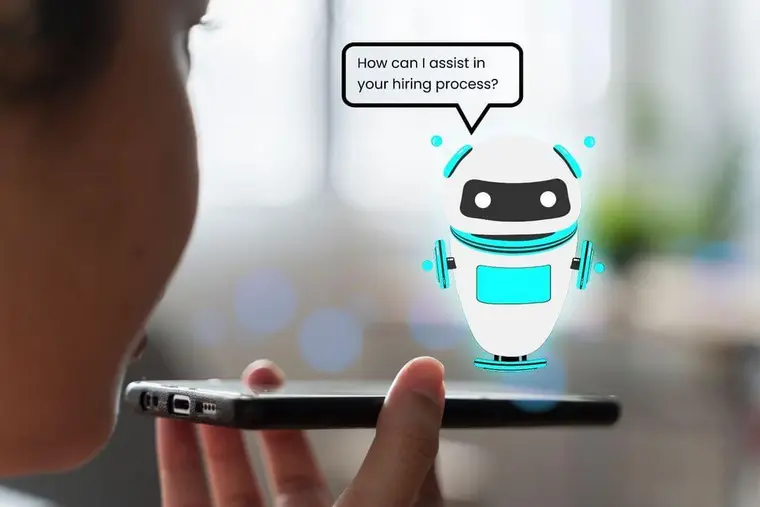
Recruiting new team members for a company is a time-consuming process that often takes a significant portion of HR Departments' time and resources. In today's competitive job market, hiring the right person for the job is more critical than ever, and HR departments are under immense pressure to find the best talent as quickly as possible. This leads to long hours and countless manpower spent on scanning resumes, conducting interviews, checking references, and so on. Meanwhile, the job market evolves quickly, and companies must be able to keep up with the pace to stay competitive.
Time Spent on Hiring
Time spent on hiring, also known as 'time-to-hire,' is the duration between when a job opening is announced and when the chosen candidate accepts the offer. It reflects the speed and efficiency of the recruitment process, a crucial aspect for any company striving for growth and success.
Why Does It Matter?
In the fast-paced business world, an extended hiring process can be costly. It leads to longer periods of understaffing, potentially overworking existing employees and affecting overall productivity. Prolonged hiring times also risk losing top-notch candidates to competitors, leading to compromised quality in the workforce.
But the reverse isn't necessarily better either. Rushing through the hiring process could mean missing out on better-suited candidates, or not fully assessing the fit of a candidate. It's a delicate balance that needs careful management.
Crafting Strategies to Minimize the Time Spent on Hiring
Reducing the time spent on hiring while attracting high-quality candidates can be achieved through various approaches. Firstly, crafting clear and detailed job descriptions can help attract suitable candidates and save valuable screening time. Secondly, leveraging technology like applicant tracking systems, AI-powered screening tools, and digital interviewing platforms can speed up the process while maintaining accuracy. Thirdly, implementing a streamlined interview process with structured questions, predetermined assessment criteria, and a panel of interviewers can significantly reduce time-to-hire. Finally, maintaining a database of potential candidates from past applicants or those who show interest in the company can result in better hiring outcomes. By optimizing hiring efforts, companies can reap multiple benefits, including cost savings and attracting top talent before the competition.
Blog



